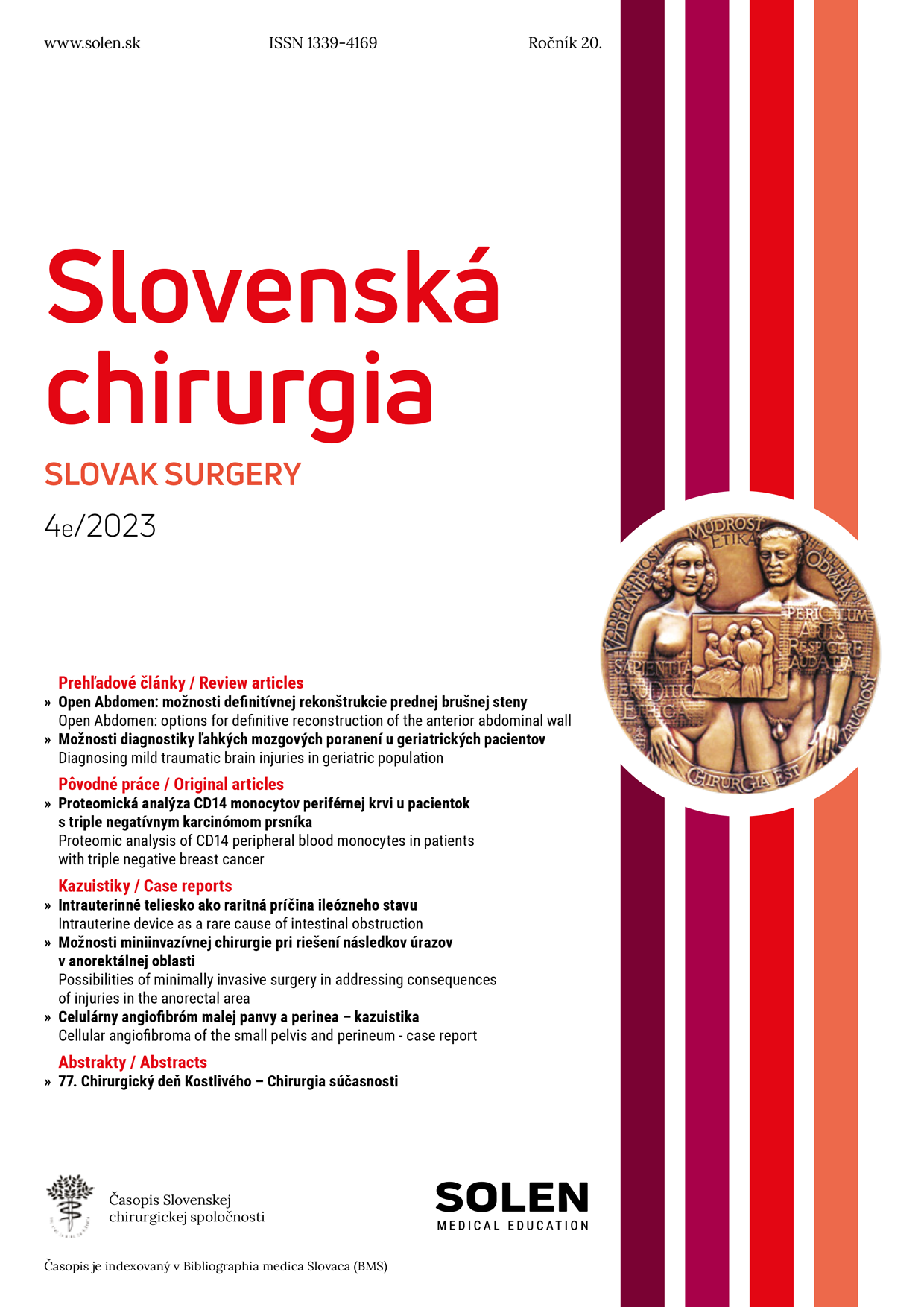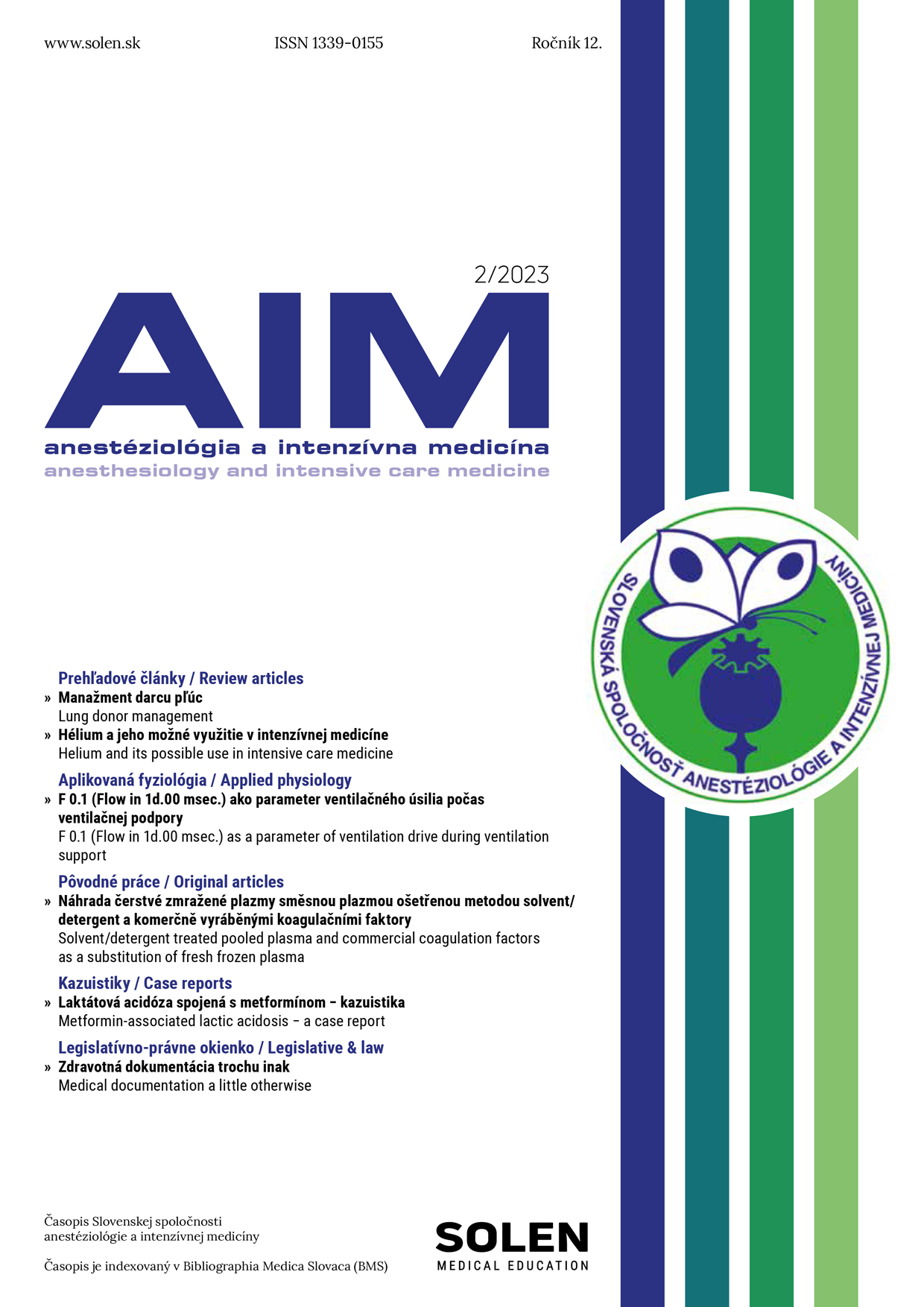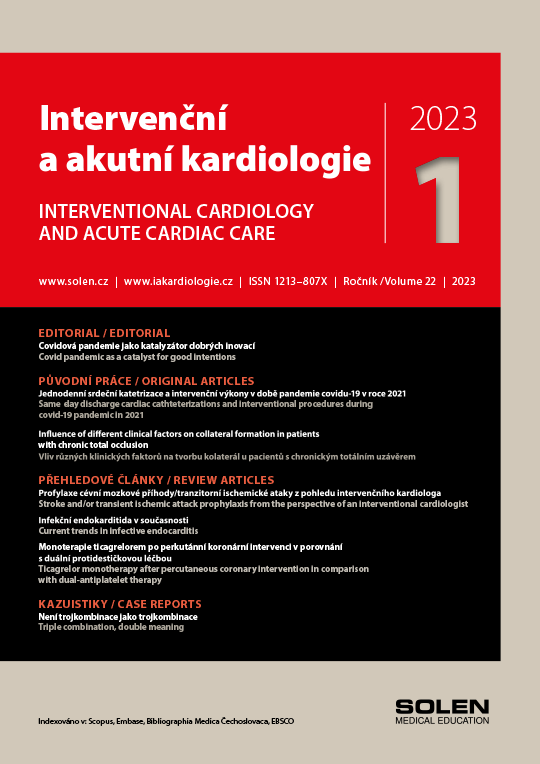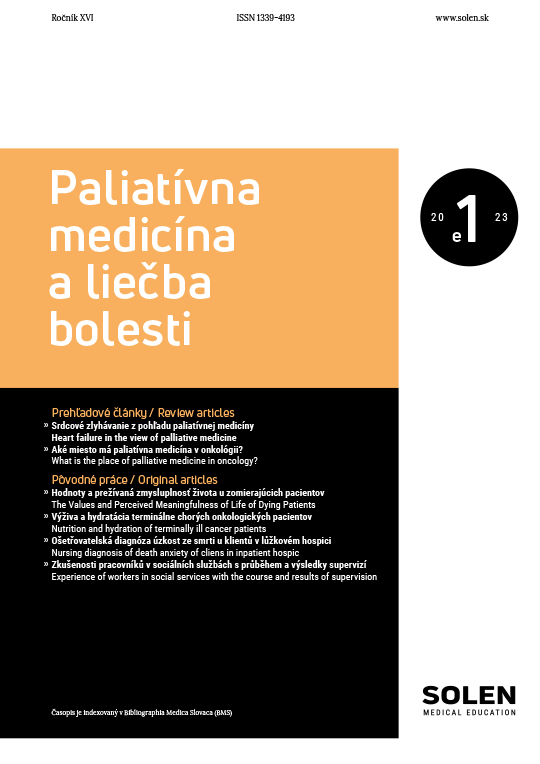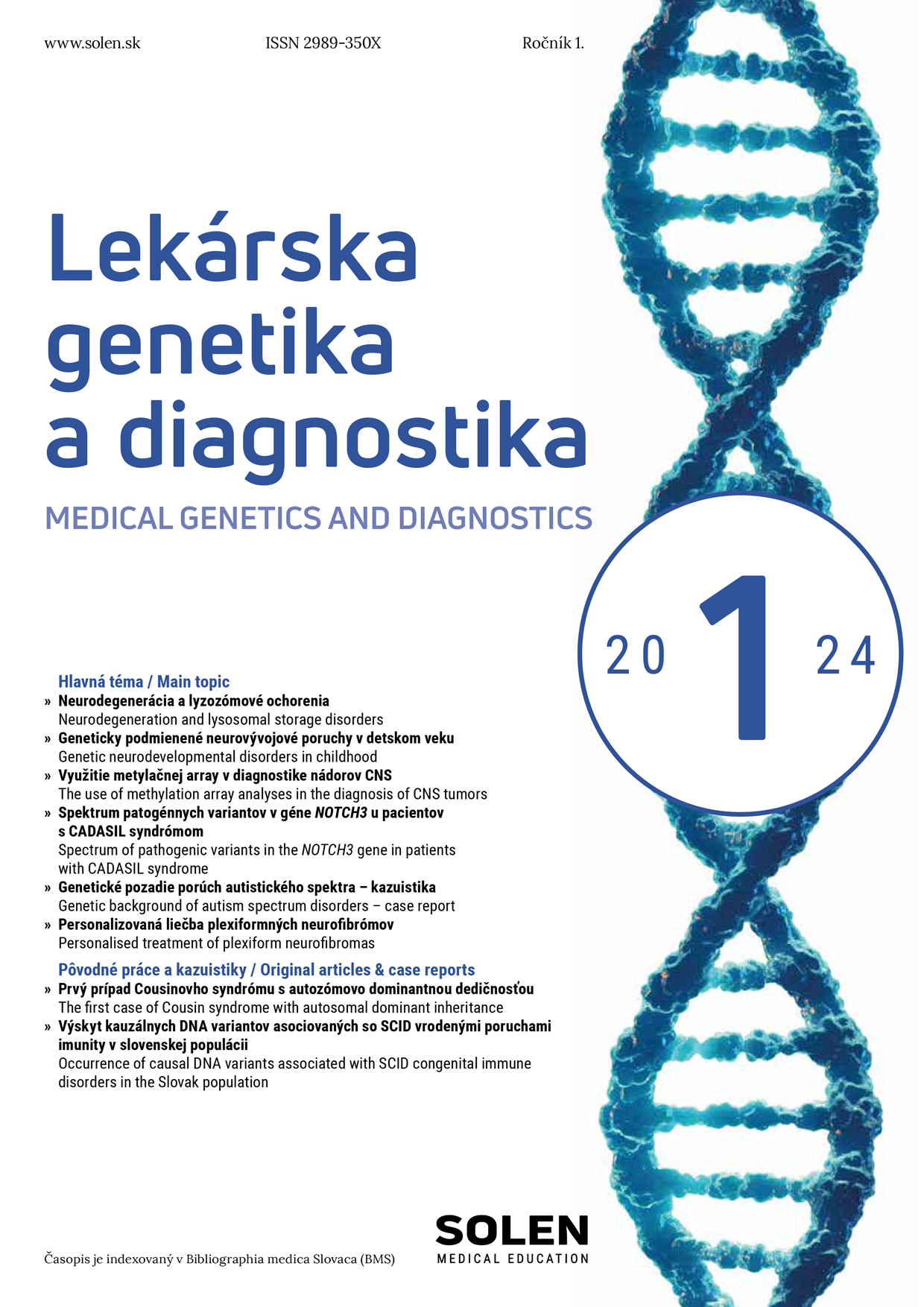Psychiatria pre prax 3/2021
Canisterapia ako možný doplnok štandardnej liečby psychiatrických pacientov – empirické preverenie
PhDr. Richard Bodnár, MUDr. Viliam Čičvák, Mgr. Pavol Kačmár, PhD.
Napriek tomu, že je vzťah medzi človekom a zvieraťom dokumentovaný už tisícročia a terapia za pomoci zvieraťa predstavuje stále viac využívanú intervenciu, na Slovensku sa canisterapia nepovažuje za liečebnú metódu a výskumné zistenia na túto tému sú obmedzené. V tomto výskume sme sa zamerali na preverenie účinku canisterapie ako doplnku štandardnej liečby psychiatrických pacientov (N = 97). Pacienti boli rozdelení na dve skupiny. Kontrolnú skupinu tvorili pacienti bez absolvovania canisterapie, zatiaľ čo experimentálna skupina bola tvorená pacientmi, ktorí podstúpili canisterapiu raz týždenne. Účastníci výskumu vyplnili sebaposudzovací dotazník (BDI- -II) po prijatí a pred ukončením liečby. Výsledky poukázali na štatisticky významný rozdiel v hrubom skóre BDI-II medzi skupinami, a to aj po tom, ak sme zobrali do úvahy varianciu sebaposudzovacieho dotazníka BDI-II pri prijatí (pre-test), vek a pohlavie pacientov. Tieto výsledky poukazujú na perspektívnosť ďalšieho výskumu canisterapie ako doplnku štandardnej liečby pacientov.
Kľúčové slová: canisterapia, terapia za pomoci zvieraťa, pes, depresívne symptómy, psychiatrickí pacienti
Canistherapy as a possible adjunct to standard treatment of psychiatric patients – An empirical corroboration
Despite the fact that the relationship between man and animal has been documented for thousands of years and therapy with the help of an animal is an increasingly used intervention, canistherapy is not considered as an official treatment method in Slovakia and research findings on this topic are limited. In this research, we aimed to corroborate the effect of canistherapy as a supplement to the standard treatment of psychiatric patients (N = 97). Hospitalized patients were divided into experimental or control group. The experimental group underwent canistherapy once a week. The Control group consisted of patients without intervention. Participants completed a self-assessment questionnaire (BDI-II) upon admission as well as before they were discharged. The results indicated that there was a statistically significant difference in the BDI-II score between the canistherapy group and the control group, even after we accounted for the variance in the BDI-II at admission (pre-test), age and gender of patients. These results point out the prospect of further research into canistherapy as an adjunct to standard patient care.
Keywords: canistherapy, animal-assisted therapy, dog, depression symptoms, psychiatric patients


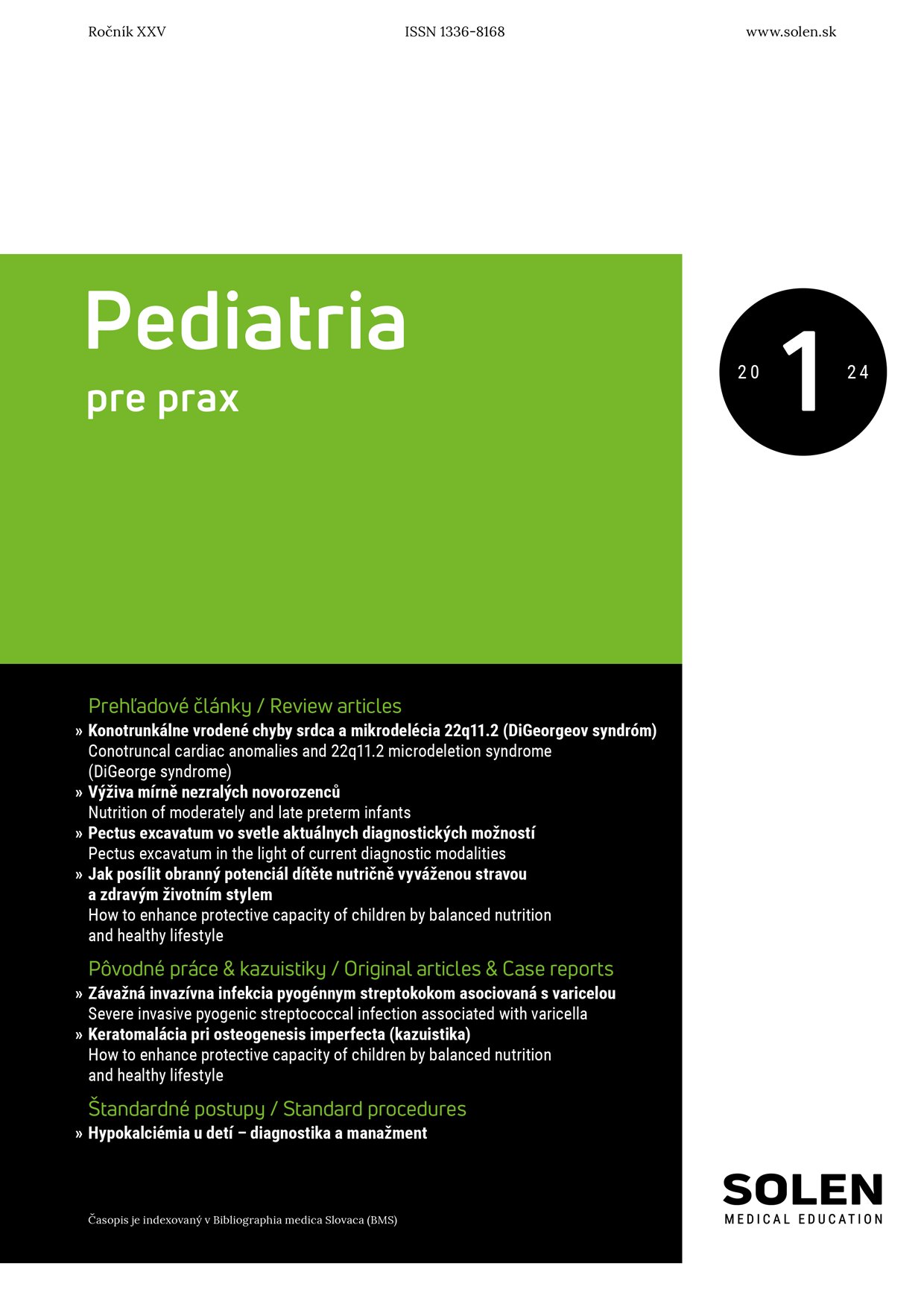
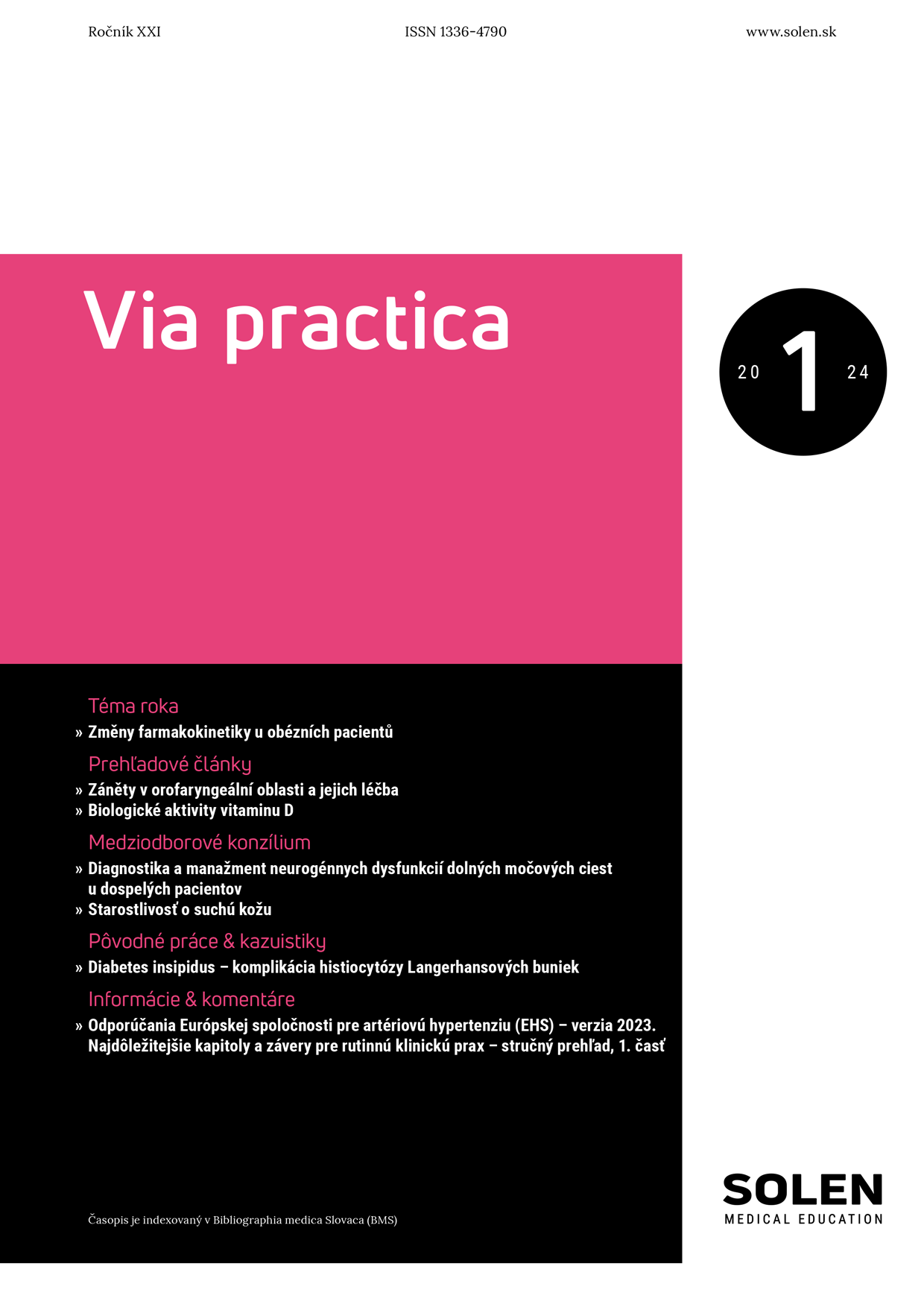
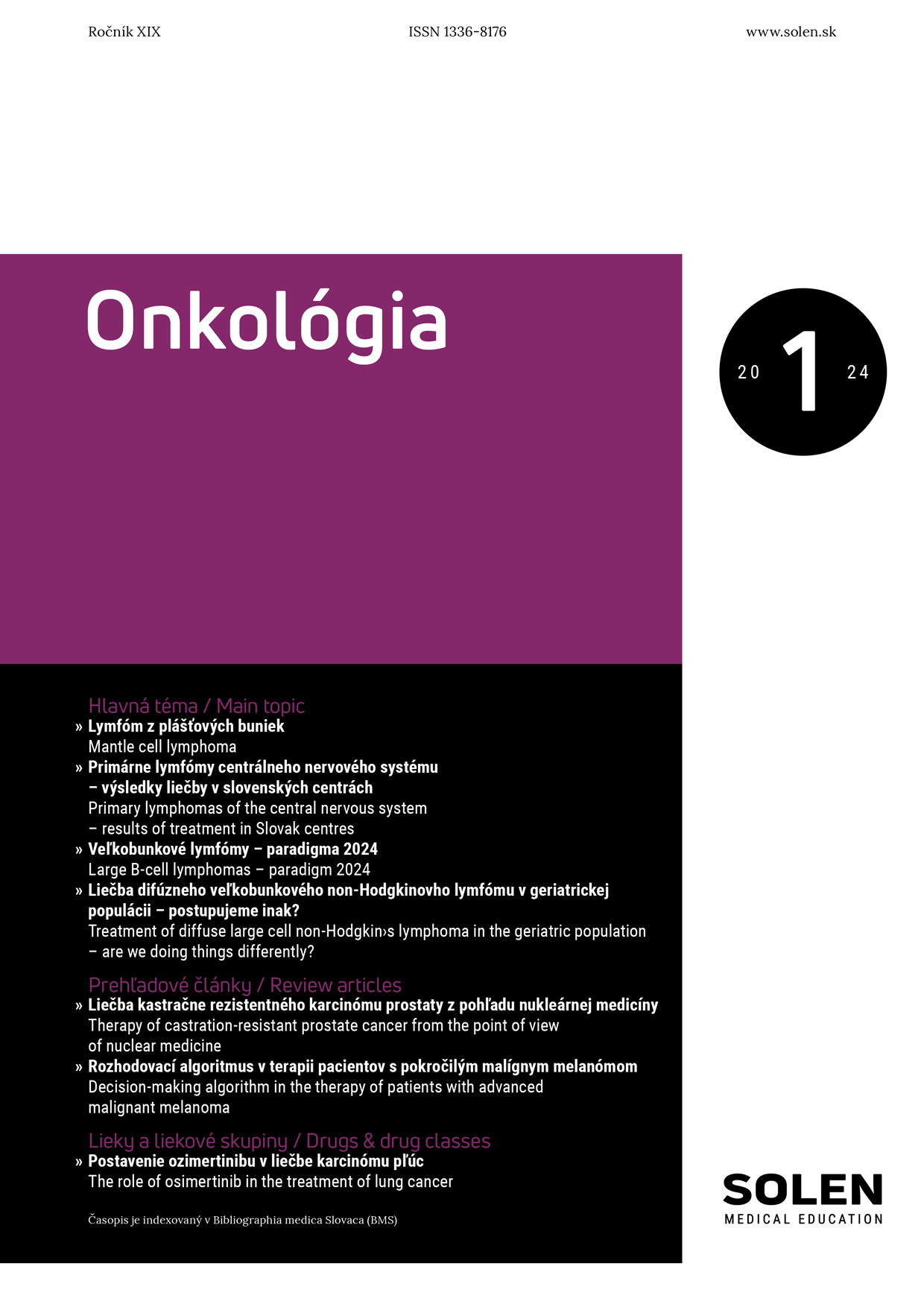
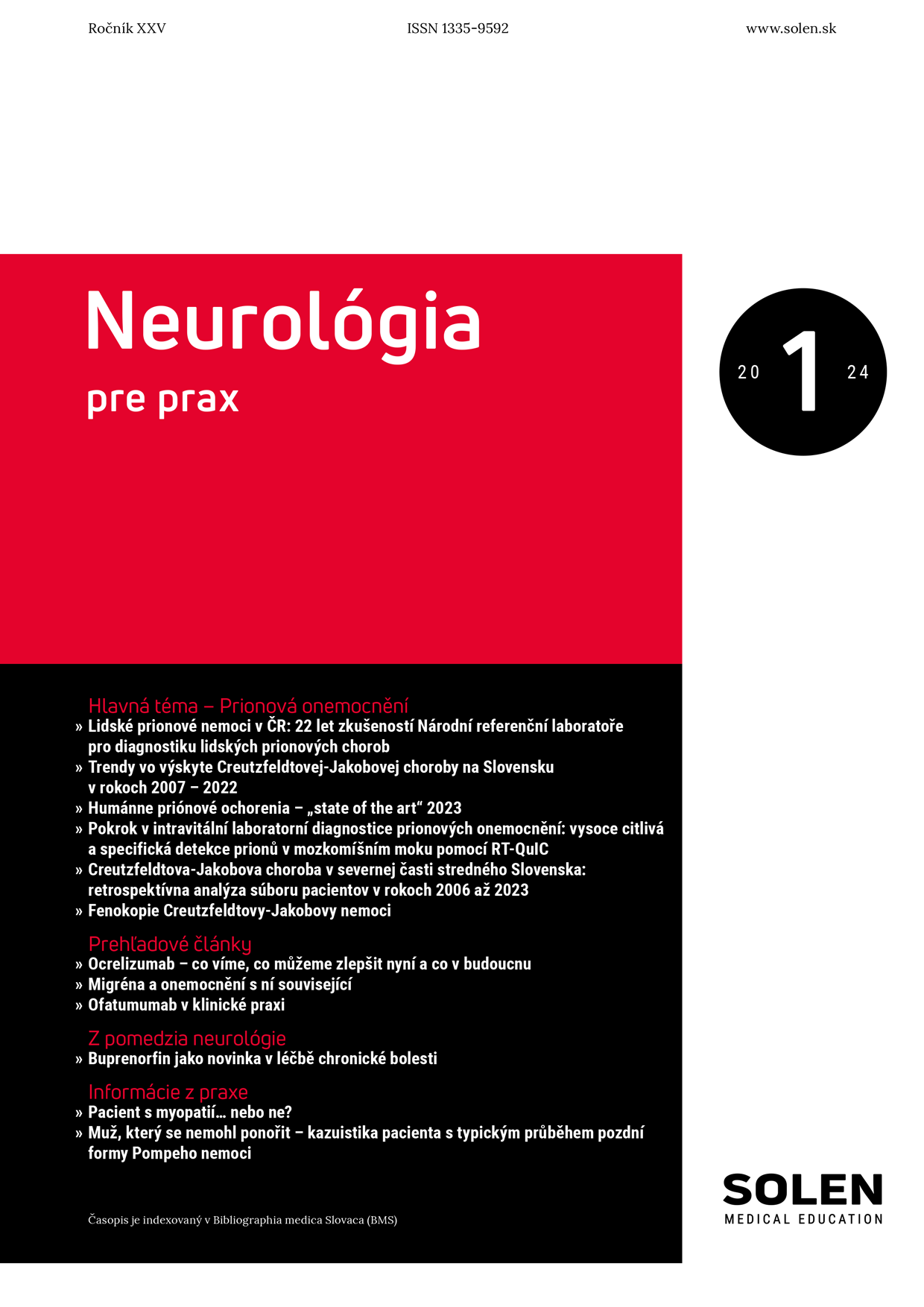
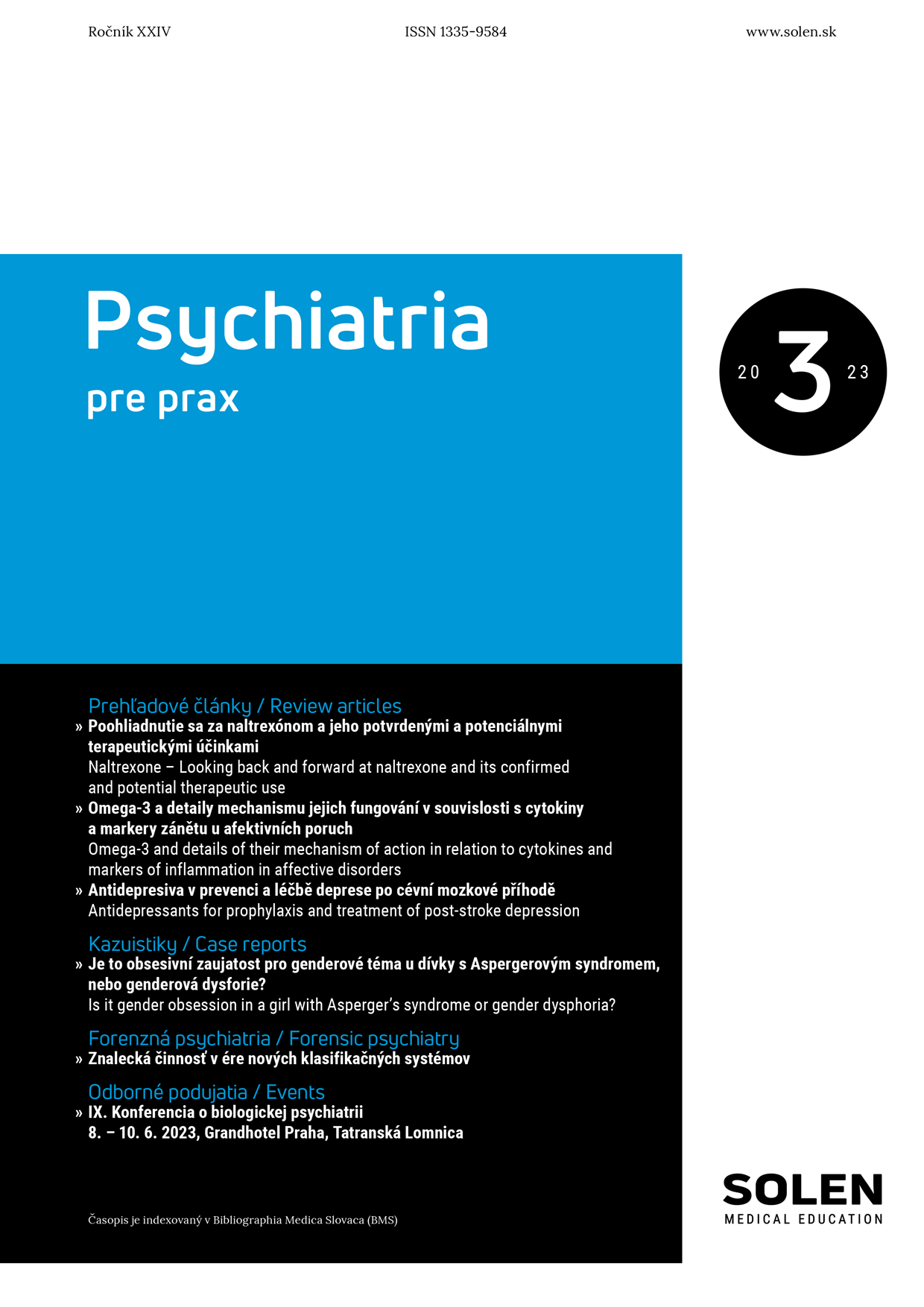
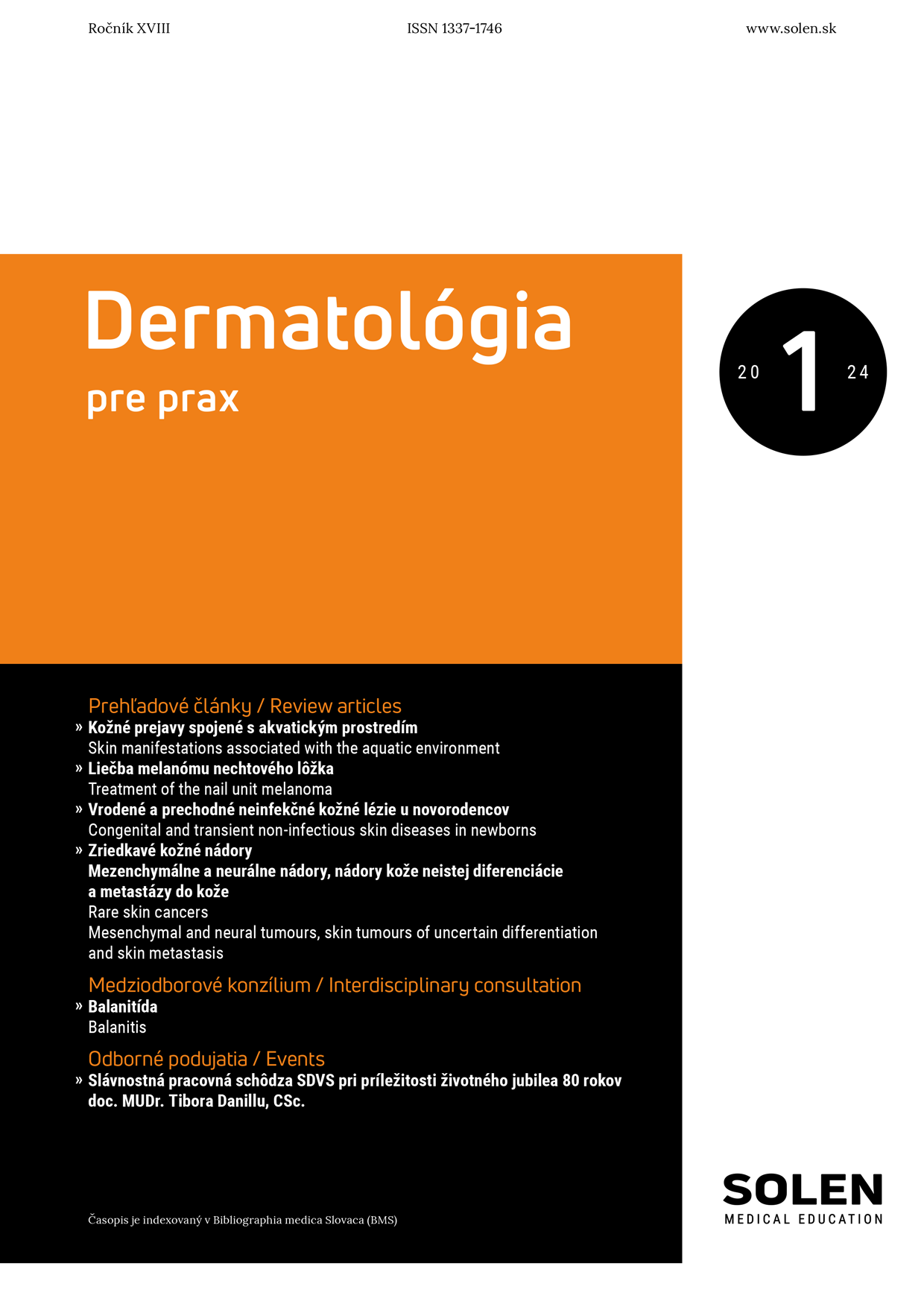
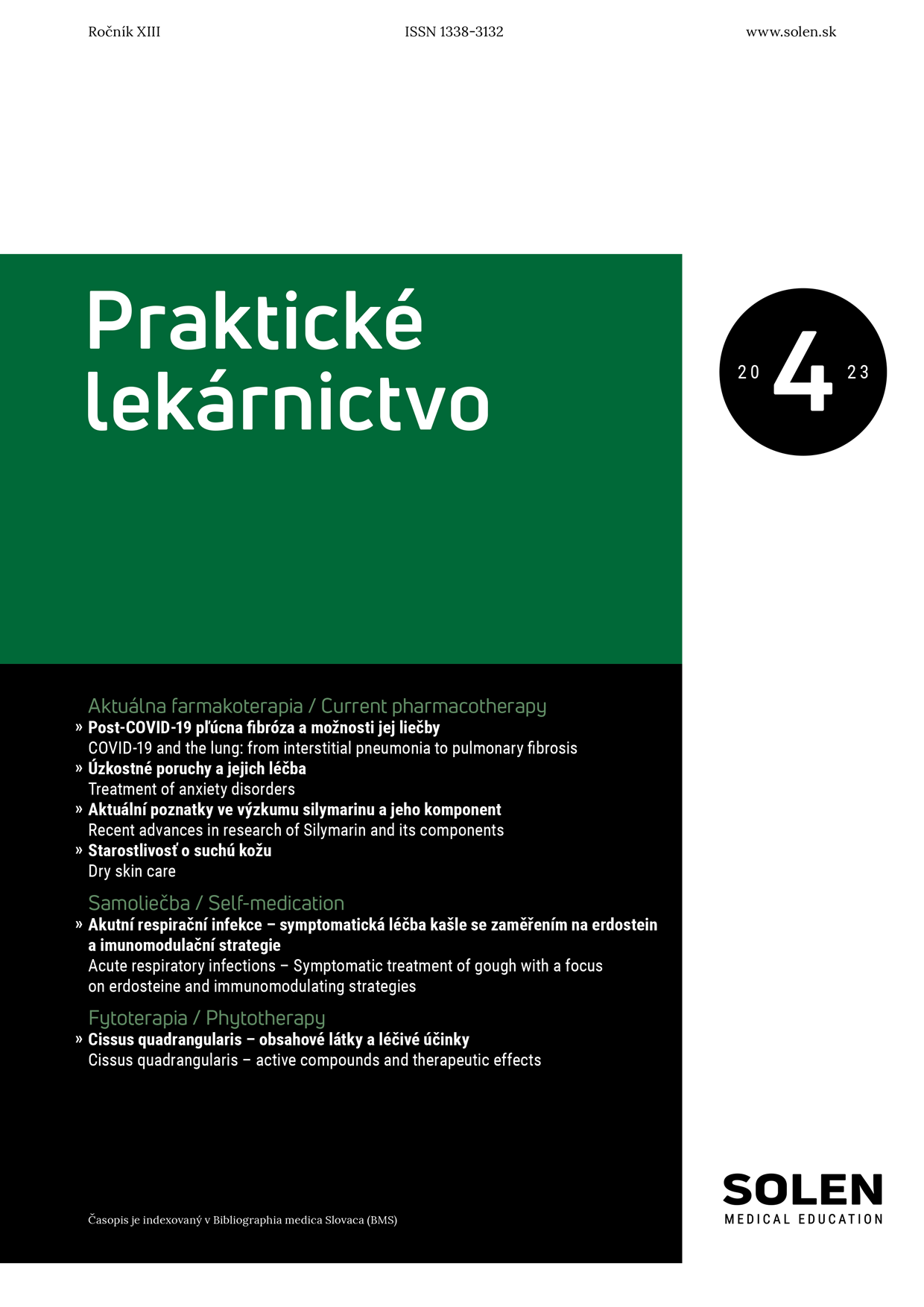
-1.png)
